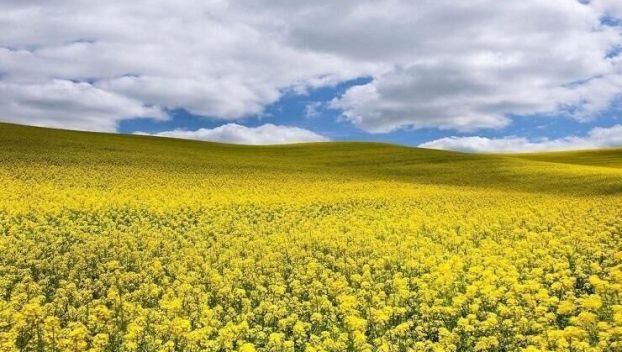
Read
Farmers may soon be able to grow a field of biodegradable plastic
Camelina sativa, or false flax as it’s sometimes called, is a commonplace plant, similar to canola. Until recently, ... Read more

Camelina sativa, or false flax as it’s sometimes called, is a commonplace plant, similar to canola. Until recently, ... Read more